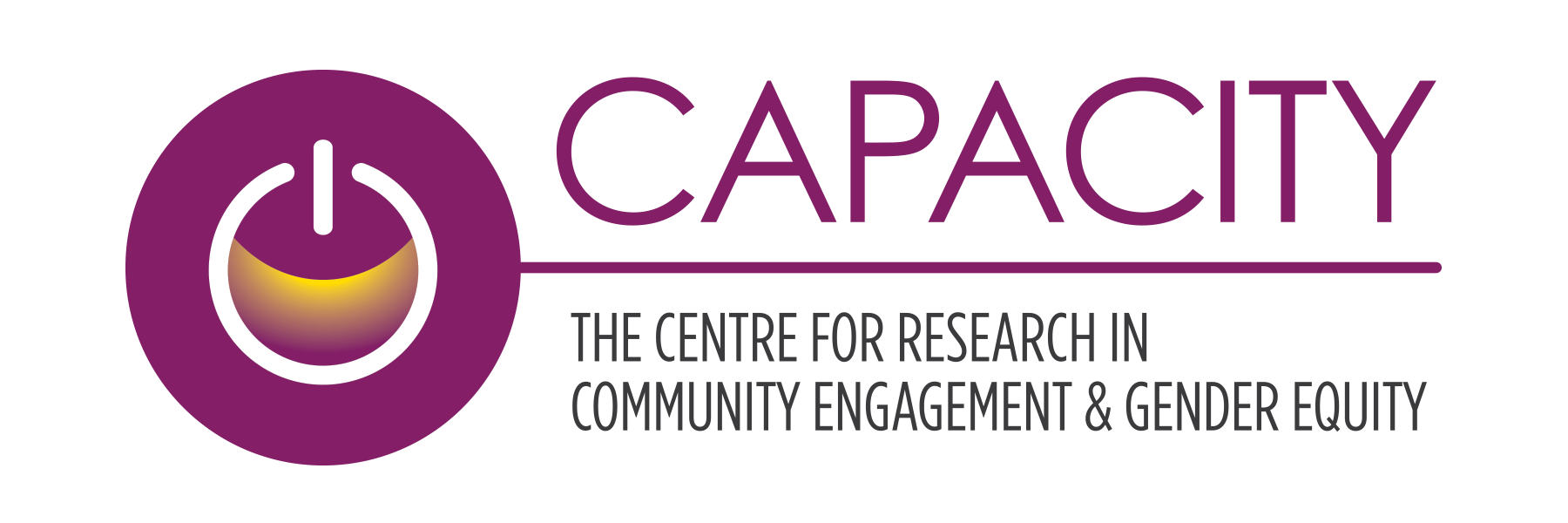Women and Forced Migration: An Intersectionality-Framed Community-Based Approach to Engaging with Women’s Experiences of Accessing Health and Social Systems

(Photo credit: Ryan White)
Forced migration is a pressing global health concern affecting over 115 million people worldwide.1 Uprooted from their homes to escape persecution, conflict-related human rights violations, and/or effects of climate change and/or natural disasters (e.g., drought and extreme flooding), forced migration can also include being coerced or rendered dependent during and after migration processes.1 Over half of populations forced to migrate are women and girls.2 Being forced to migrate has devastating impacts on women’s health due to combined effects of structural gender-based violence (GBV), racial discrimination, and socioeconomic status. Human and sex trafficking, climate change-incited violence, digital exclusion, and forced marriage are among these effects leading to irreparable and chronic health consequences. Using intersectionality-framed community-based approaches, we work within the nexus of health and settlement services to contribute to women’s health and well-being.
Project: Women’s Stories of Forced Migration and Integration into Canadian Systems
This project, funded through SSHRC’s Partnership Engage Grant, aimed to better understand lived and living realities of women impacted by forced migration.
Women living within intersections of migration, gender, race, class, and additional social locations are inequitably affected by limited social support, gender-based violence, and poverty. Despite these understandings of inequity, minimal programming and policies are informed by the experiences of this population.
Outcomes of this project included a collaborative research process led by a research team including Ms. Diana Ospina, senior manager at DIVERSEcity Community Resource Society, and Dr. Shahin Kassam, Postdoctoral Research Fellow at the UBC School of Nursing, Capacity Research Unit along with a team of collaborators consisting of leaders across three settlement organizations: Adrienne Bale from MOSAIC BC, Jenny Lam from Options BC, and Marc Larrivée and Utsav Thakur from Impact North Shore.
The research process centred on women living within the crossroads of gender-based violence, racial discrimination, and forced migration. Stories of connecting to services upon arrival to Canada were specifically gathered, co-analyzed, and shared within the collaborating organizations in the form of “Roadshows.” These knowledge sharing events were held to stimulate sharing and dialogue focused on improving current programming aimed at women impacted by forced migration as well as map future research priorities. While this team continues to disseminate findings meaningfully through the input and co-direction of the community-based settlement organizations involved, they also plan continued work toward understanding women’s experiences of connecting to services in Canada while also living within the intersections of gender-based violence, racism, and forced migrant statuses.
More Information
| Principal Investigator Dr. Victoria Bungay 604.822.7933 vicky.bungay@ubc.ca |
Project Research Co-lead Dr. Shahin Kassam shahin.kassam@ubc.ca |
Project Community Co-lead Diana Ospina dospina@dcrs.ca |
Project: Women and Forced Migration: Inclusively Examining Access to Care at the Axes of Chronic Health and Gender-Based Violence
Funded by Dr. Shahin Kassam’s Michael Smith Health Research BC Trainee Award, this two-year project aims to address the knowledge gap where little is understood about how to deliver timely and appropriate care that effectively engages women impacted by forced migration (WFM). Through this project, evidence-based recommendations will be co-developed to enhance health care for WFM within a British Columbia context. This project will address the following research questions:
- What are the health and health care experiences of WFM?
- What are the contextual factors (e.g.: migrant status, cultural, racial, language, sociopolitical, and economic) that enhance or hinder access to effective health service care?
A multi-pronged approach will be used to collaboratively plan, develop, and implement integrated knowledge translation and end-of-grant knowledge translation activities.
More Information
| Project Research Co-Lead Dr. Shahin Kassam shahin.kassam@ubc.ca |
Project Supervisor Dr. Victoria Bungay vicky.bungay@ubc.ca |
Diana Ospina, DIVERSEcity Community Resources Society
Jenny Lam, Options British Columbia
Marc Larrivée, Impact North Shore
Adrienne Bale, MOSAIC British Columbia
Ranjit Lehal, Burnaby New Canadian Clinic, Fraser Health
Knowledge Mobilization Activities:
Roadshow Reports and Public Seminars:
Surrey Local Immigration Partnership (LIP) website
UBC CIRCLE publications
Capacity Research Seminar Series Presents: Women Impacted by Forced Migration: A Community-Academic Research Partnership
Publications coming soon
Conference Presentations:
Funded By
Social Sciences and Humanities Research Council of Canada
Michael Smith Health Research BC
UBC School of Nursing Lyle Creelman Endowment in Public Health
References:
1. United Nations High Commissioner for Refugees [UNHCR]. (2024). Figures at a glance. https://www.unhcr.org/figures-at-a-glance.html.
2. UNHCR. (2024). Safeguarding individuals: Women. https://www.unhcr.org/women.html.


